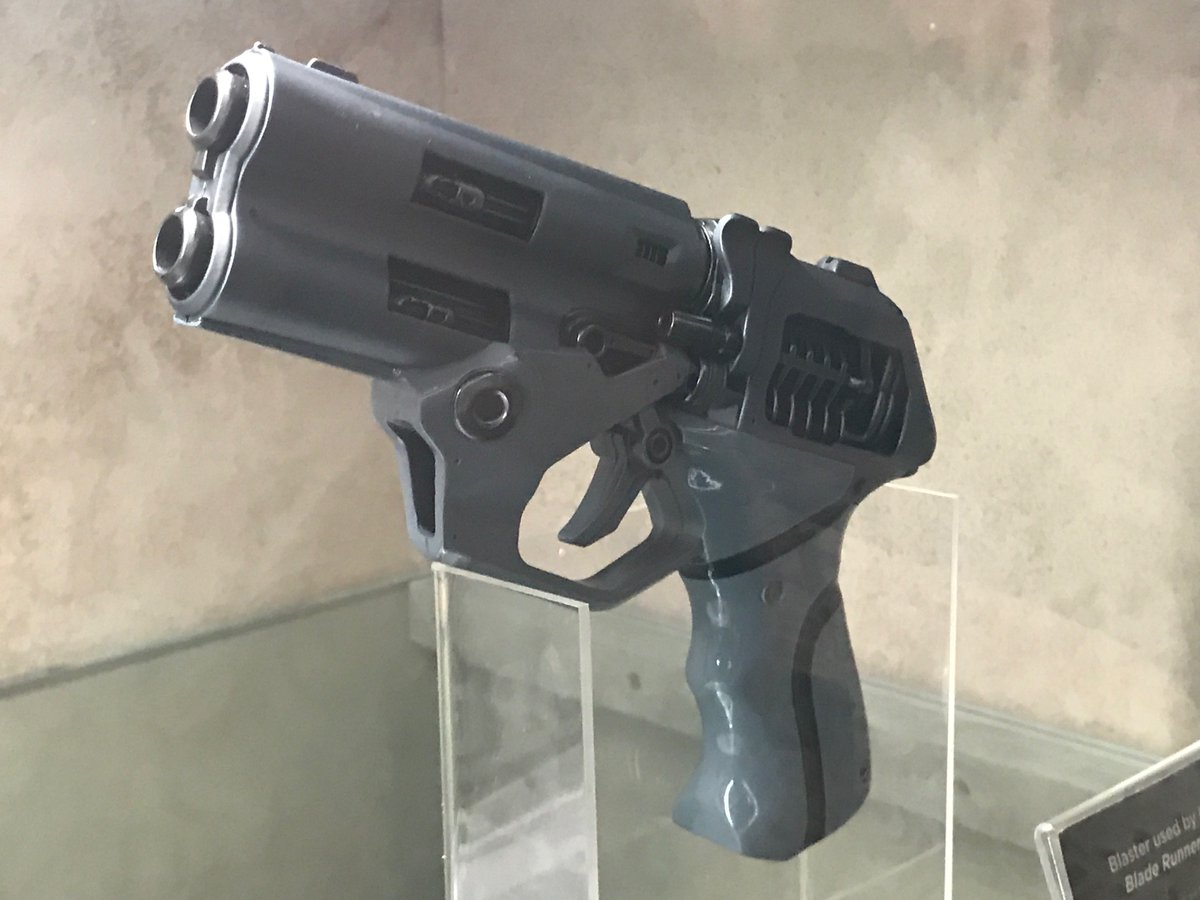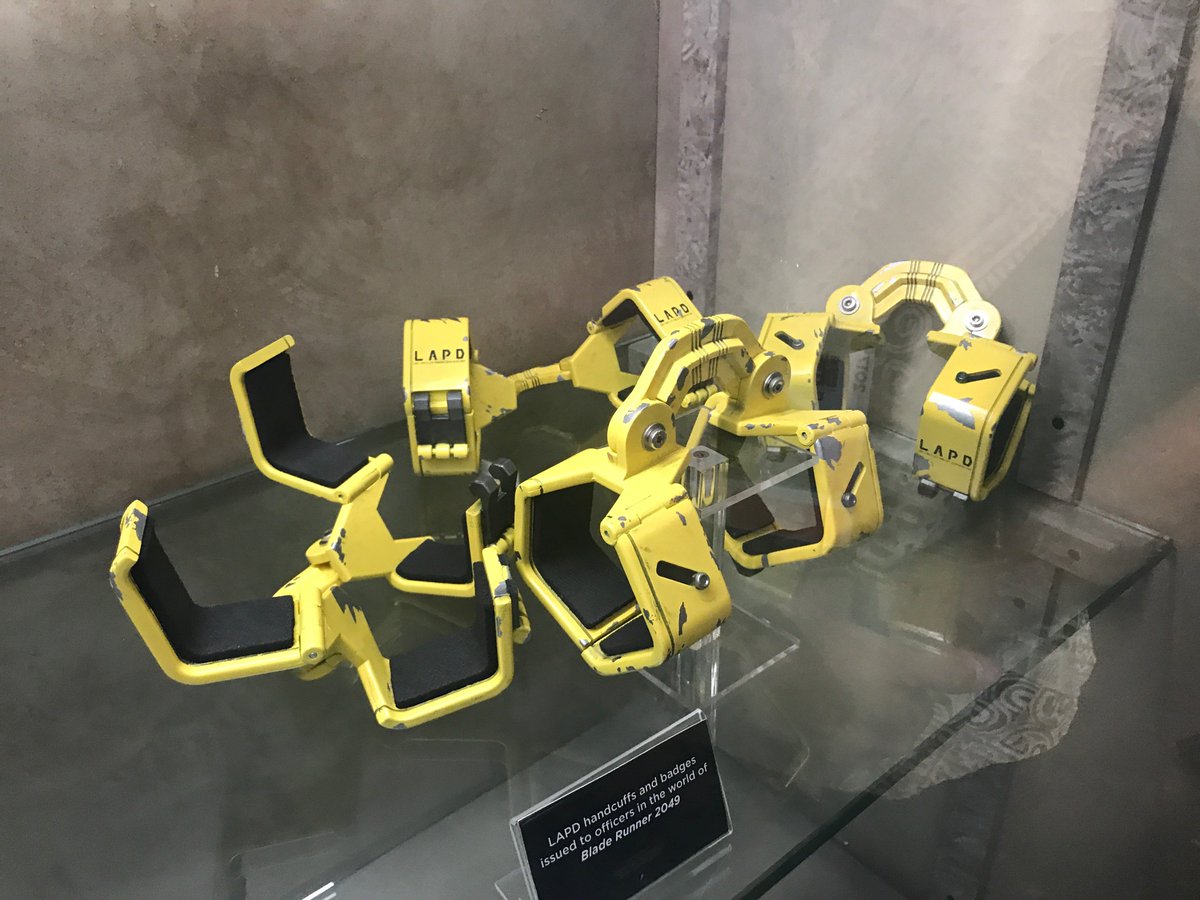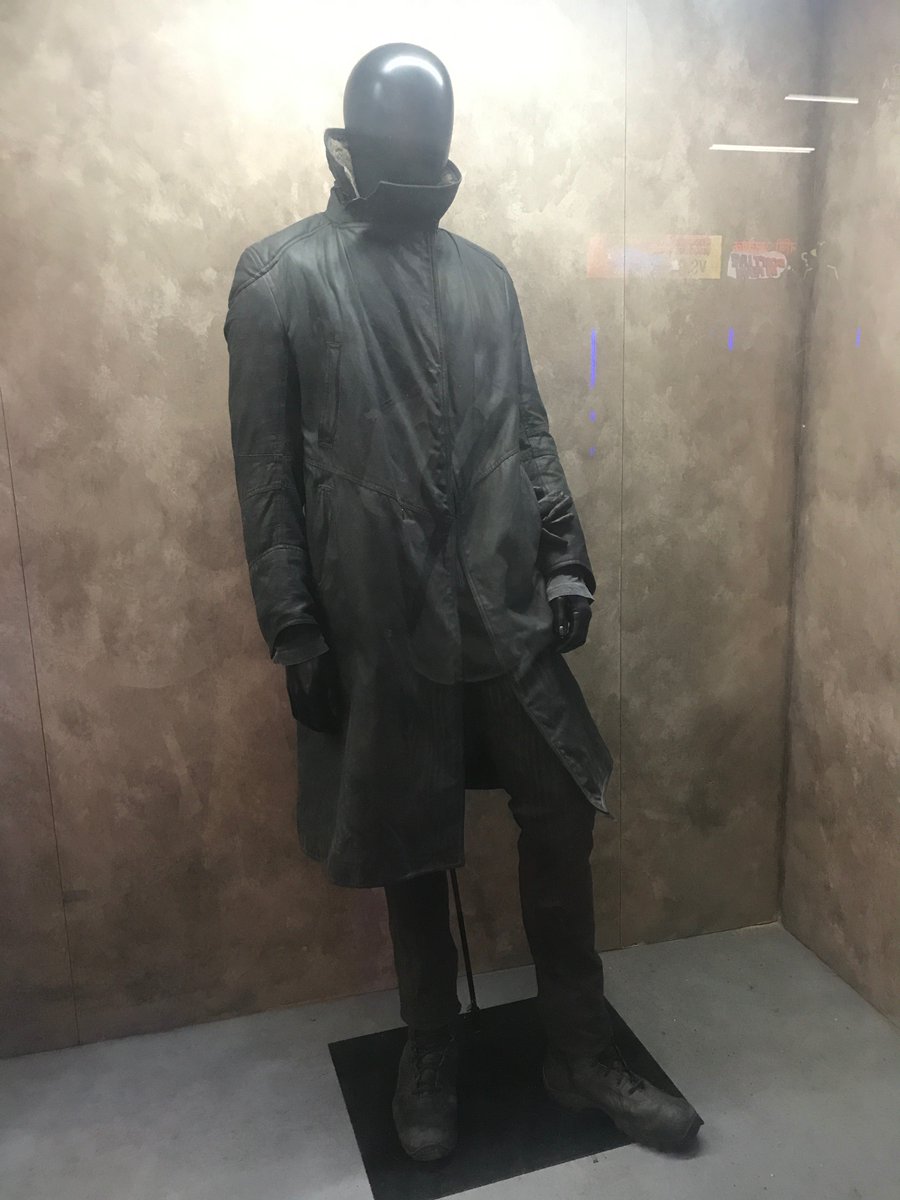Until this trailer, we had only seen Deckard in one setting, his home. Now we've seen him outside at night and inside a poorly lit room (possibly a night club). I think Allyn's supposition is probably right and we don't even see Deckard until the final act.
I'm still cautiously optimistic about this film, although this trailer was a bit more action-y than I would like. Hopefully that comes down to marketing and not a complete reflection of the final product. I still have faith in Denis Villeneuve.
I'm still cautiously optimistic about this film, although this trailer was a bit more action-y than I would like. Hopefully that comes down to marketing and not a complete reflection of the final product. I still have faith in Denis Villeneuve.



